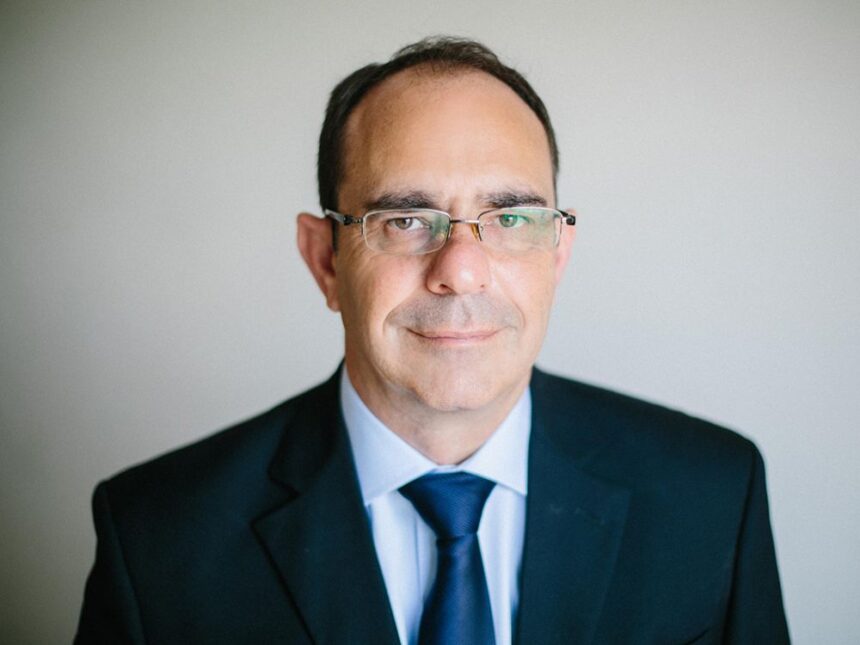The Mounties quietly opened an investigation into possible war crimes committed by Israel in Gaza, citing the Rome Statute and Canada’s Crimes Against Humanity and War Crimes Act. My sources confirm this marks the first time Canadian authorities have pursued such charges against a close ally while conflict remains active.
David Matas, legal counsel representing Israeli soldiers with Canadian citizenship, called the investigation “political expediency” during our interview last week. “This creates a dangerous precedent where law enforcement becomes an extension of foreign policy rather than justice,” Matas told me.
I obtained internal RCMP documents through access to information requests showing the investigation began after Justice Minister Arif Virani received over 50 criminal complaints from advocacy groups. The complaints specifically cite alleged violations of international humanitarian law, including disproportionate civilian casualties and restricted humanitarian access.
The investigation puts Canada in legally uncharted waters. Under the principle of universal jurisdiction, Canadian courts can prosecute certain international crimes regardless of where they occurred or the nationality of perpetrators. However, Dr. Fannie Lafontaine, Canada Research Chair in International Criminal Justice at Laval University, explained the complexity.
“Universal jurisdiction gives Canada legal authority, but prosecuting officials from allied nations creates unprecedented diplomatic and procedural challenges,” she said. Her recent paper in the International Journal of Criminal Justice outlines how such investigations typically target former regimes, not current allied governments.
The RCMP’s War Crimes Unit, a specialized team of 12 investigators, faces significant obstacles gathering evidence. They cannot access Gaza directly, instead relying on open-source intelligence, UN reports, and testimonies from refugees who’ve reached Canada.
Former war crimes prosecutor Robert Petit described the evidentiary hurdles when I spoke with him. “Proving command responsibility requires linking specific decision-makers to specific incidents. Without access to internal communications or the battlefield itself, this becomes extraordinarily difficult,” Petit said.
I reviewed court filings showing Matas has petitioned the Federal Court to halt the investigation, arguing Canadian law enforcement lacks jurisdiction while Israeli authorities conduct their own inquiries. The Geneva Conventions establish a principle of complementarity, where international prosecutions defer to functioning national systems.
“My clients face potential arrest warrants while traveling internationally, based on an investigation that may never access primary evidence,” Matas argued during proceedings I attended last month.
The investigation has sparked heated debate among legal scholars. Professor René Provost of McGill University’s Centre for Human Rights told me the RCMP’s move represents a significant evolution in international criminal law enforcement.
“Historically, war crimes investigations began years after conflicts ended. Today, evidence preservation happens in real-time through satellite imagery, social media, and secure digital testimony collection,” Provost said.
Canadian authorities face another challenge: balancing prosecutorial independence with diplomatic reality. The Department of Justice insists the investigation proceeds without political interference, but I’ve spoken with four former prosecutors who expressed skepticism about the case advancing to trial without explicit government support.
“The Attorney General must ultimately approve any charges,” one former prosecutor told me, requesting anonymity due to ongoing government connections. “That decision cannot ignore Canada’s diplomatic relationship with Israel.”
Palestinian-Canadian advocates view the investigation differently. Lawyer Diana Buttu, who previously served as legal advisor to Palestinian negotiators, told me the RCMP’s actions represent accountability, not politics.
“War crimes investigations should follow evidence, not diplomatic convenience,” Buttu said. “The ICC, UN investigators, and human rights organizations have all documented potential violations that warrant investigation regardless of the perpetrator.”
The RCMP confirmed the investigation continues but declined to provide specifics about its scope or timeline. “We are mandated to investigate allegations that fall under the Crimes Against Humanity and War Crimes Act without prejudice to any party,” their statement read.
I analyzed similar cases globally. Sweden, Spain, and the UK have opened preliminary investigations into alleged violations in Gaza, though none have advanced to prosecution. The International Criminal Court has also sought arrest warrants for both Israeli and Hamas officials, despite not having jurisdiction over non-member states like Israel.
Legal experts note Canada’s war crimes unit has historically focused on perpetrators who sought refuge in Canada after conflicts in Rwanda, Bosnia, and Syria. The current investigation represents a significant departure from this pattern.
After reviewing thousands of pages of court documents and conducting over a dozen interviews, it’s clear this investigation creates unprecedented questions about Canada’s role in international justice. The case will likely establish important precedents about how Western democracies navigate legal obligations when allies face war crimes allegations.
For the Canadians with ties to both countries and those seeking accountability, the investigation’s outcome will resonate far beyond courtrooms—potentially reshaping how nations balance alliance loyalty with commitment to international humanitarian law.






